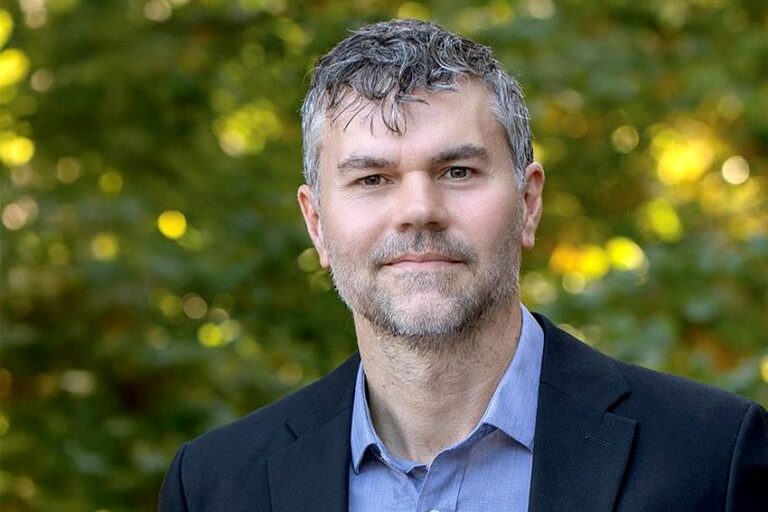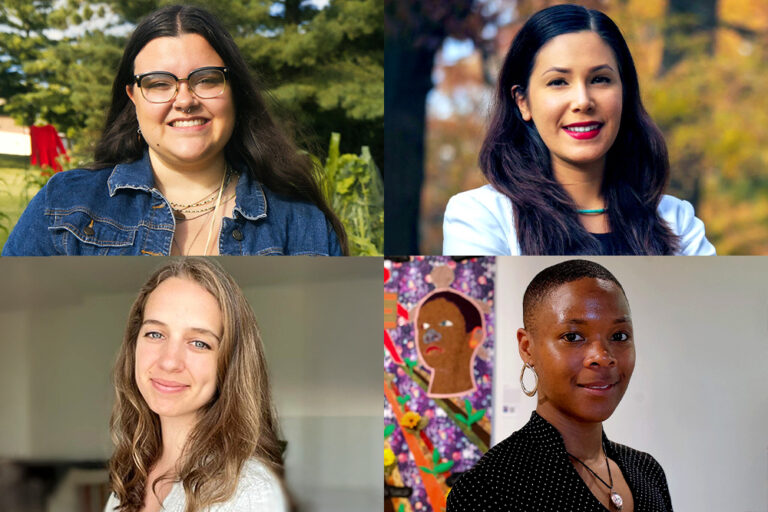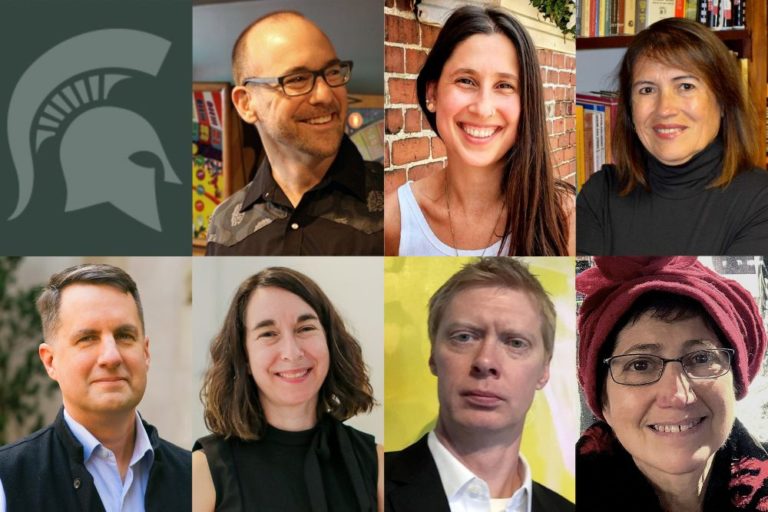Michigan State University alum Renee Hall has been an active member in the disability community for more than 20 years, serving in various roles including advocate, direct support professional, service coordinator, counselor, and research specialist.
She currently works as the Advisor to the Self-Advocates of Michigan through the Developmental Disabilities Council of Michigan. In this role, she is helping the Self-Advocates of Michigan to establish University Chapters across the state so students with Developmental Disabilities can advocate for issues that impact them in their local spaces. These University Chapters will begin to open in November this year. For more information or to be part of this movement, contact Hall at hallr24@michigan.gov.

Hall also serves as an Advisor to the national self-advocacy organization, Self-Advocates Becoming Empowered (SABE), and sits on several nonprofit boards and is active in her community.
She graduated from Michigan State University in 2010 with two bachelor’s degrees in English and Religious Studies and went on to earn an M.A. in Rehabilitation Counseling from MSU in 2014.
She recently connected with MSU’s Department of Religious Studies and in the following Q&A shared information about her roles as the Advisor to the Self-Advocates of Michigan and to the Self-Advocates Becoming Empowered as well as her experiences with MSU’s Religious Studies program and how that education has served her well in her current position.
What are the responsibilities of your current positions?
As the Advisor to the Self-Advocates of Michigan through the Michigan Developmental Disabilities Council and an Advisor to the Self-Advocates Becoming Empowered (SABE) national self-advocacy organization, I work to advocate for independence, inclusion, freedom, opportunity, respect, and dignity for people with developmental disabilities (DD), while making the public aware of the abilities of people with this lived experience and to empower people with developmental disabilities to live fulfilling lives according to their own choices.
I advise on issues, both locally and nationally, including policy, legislation, education, independent living, voting rights, and I help people with DD not only to have a seat at the table but also to be part of the creation of the policies and procedures that impact people with the lived experience of developmental disabilities.
What was your favorite Religious Studies course or experience at MSU?
The wealth of knowledge and the experience of all the professors and instructors in their subject matter areas is astounding. Learning not only the ideology and history of religions but also practical and current applications and practices is something special to the department. Getting both of those perspectives really helps you to understand people in a different and more meaningful way.
How did your courses or experience as a Religious Studies student prepare you for your current position?
My Religious Studies classes gave me insight into the worldview of those practicing various religions and has subsequently helped me to be a better counselor, advisor, and human. Having knowledge of the basis for beliefs and cultural practices of the people I work with helps me to better understand where they are coming from and helps me to give better guidance and advice. This knowledge helps me to be a better human and member of society as well. When one can step out of the view seen from only their own experience, true understanding and collaboration can occur.
If you could give one piece of advice to current Religious Studies students, what would it be?
Take everything in! Don’t miss the chance to absorb all the information from your instructors and classmates. The information you learn during your time in the department will be relevant and important through your career and the rest of your life. You’ll learn how the world works and what helps to make not only groups of people but individuals who they are.
Disability Pride Month at MSU
During the month of October, Michigan State University is recognizing Disability Pride Month to promote how accessibility, accommodations, and awareness benefit everyone. Disability Pride Month recognizes the achievements, experiences, and contributions of the disability community. A disability is a physical or mental impairment that substantially limits one or more major life activities.
For more information, see the “Disability Pride Month Events at MSU” article published by MSU Today.


